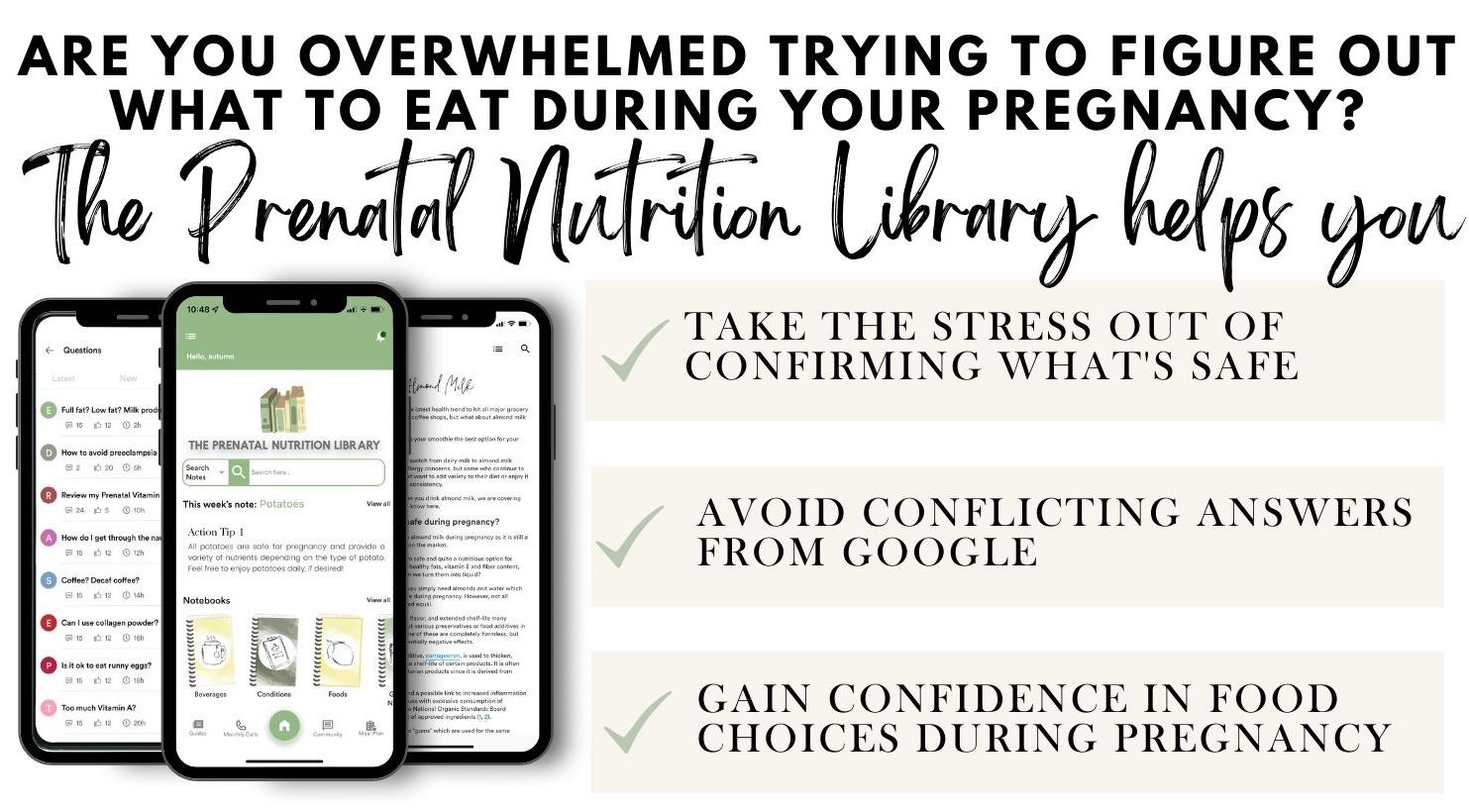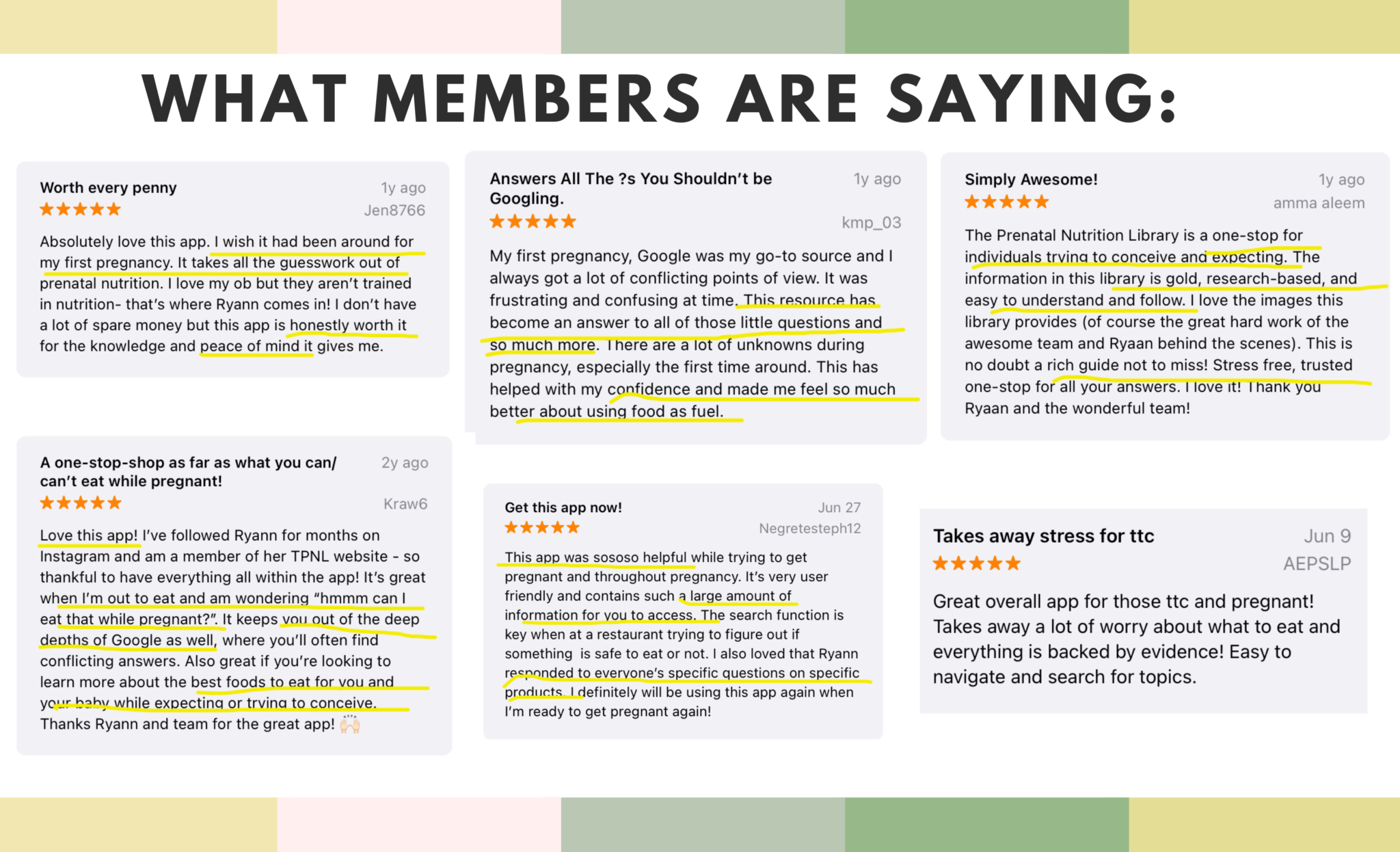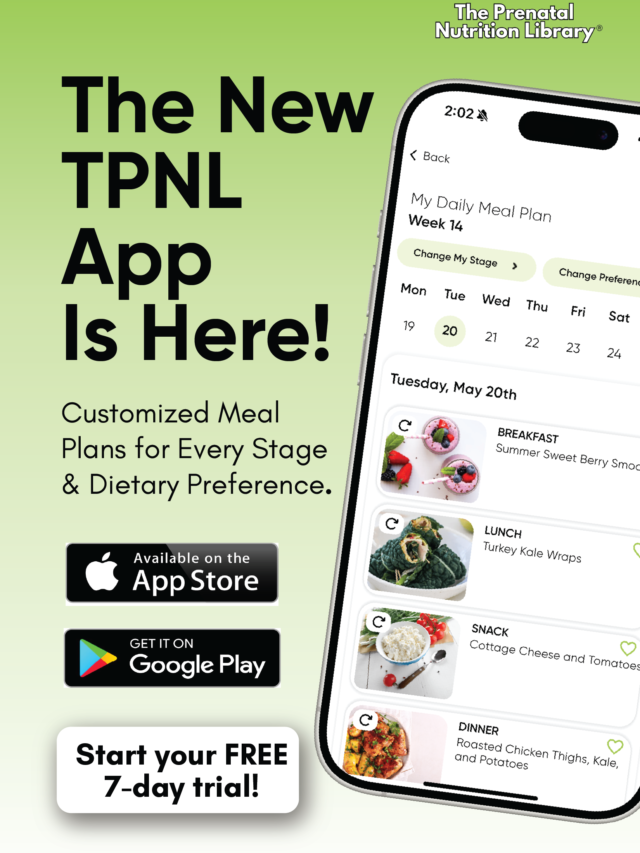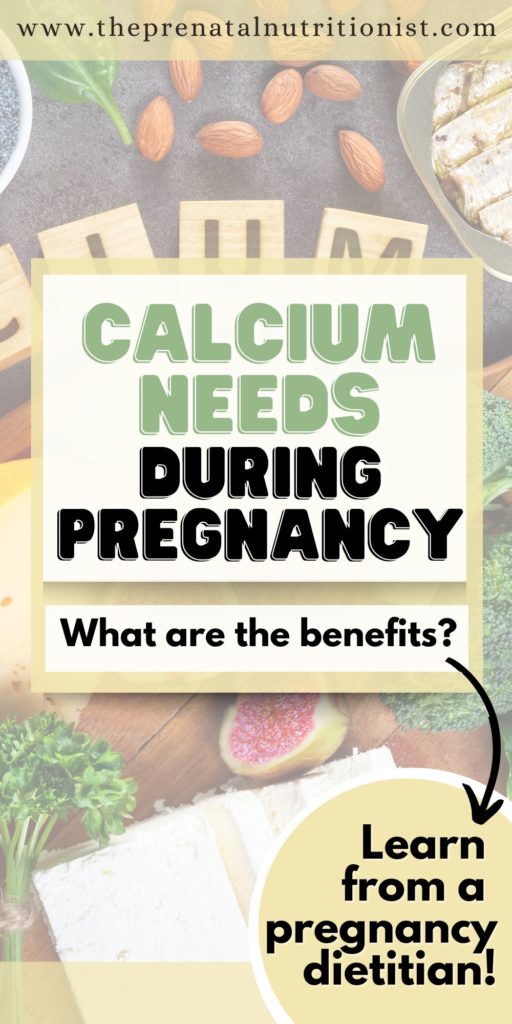
Calcium Benefits For Pregnancy
The pregnant body is amazing, powerful, and dynamic. During pregnancy, your body adjusts to meet the needs of the growing baby even as the body’s nutritional needs change throughout the pregnancy. Calcium is an essential nutrient for everyone, but it’s important to remember that calcium is one of the key minerals your body needs for a healthy pregnancy. It is necessary for forming a baby’s strong bones and teeth and is also super beneficial for the mother’s growing and changing body.
According to the National Institutes of Health (NIH), pregnant and lactating women above the age of 18 should be consuming 1,000 milligrams (mg) of calcium daily. This is the same as non-pregnant women because our bodies actually get better at absorbing calcium during pregnancy. Pregnant and lactating women under 18 should strive for an intake of about 1,300 mg daily. There can be side effects of too little and too much calcium intake during pregnancy. So, it’s always a good idea to monitor your calcium intake.
That said, today, we will discuss the benefits of calcium for pregnant women. Plus, review several good sources of calcium that are safe to eat and drink during pregnancy!
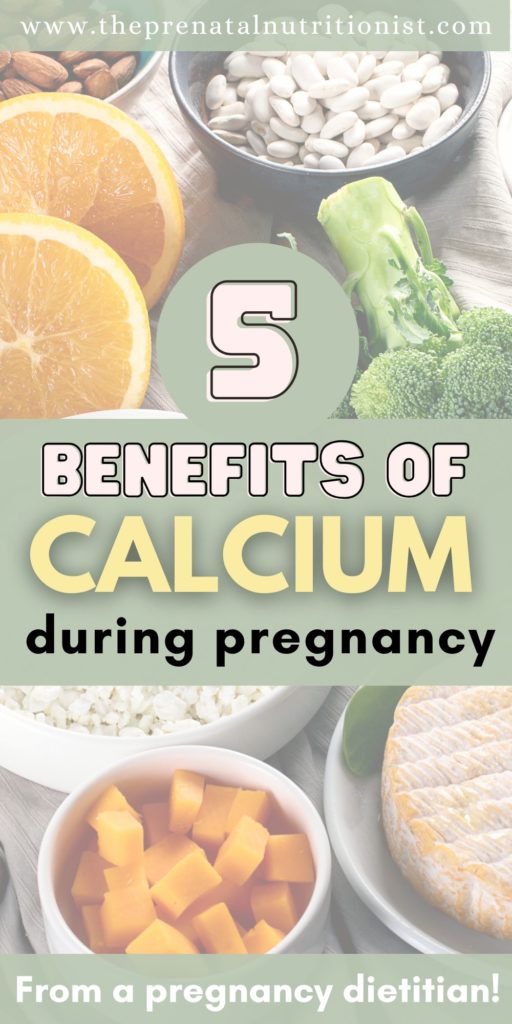
5 Benefits of Calcium For Pregnancy
Calcium is important for the formation of a baby’s bones and teeth.
Calcium is one of the most essential building blocks of your baby’s bones and teeth. This is one reason calcium is absolutely critical for the baby’s overall proper growth and development. Adequate calcium intake is linked to higher and healthier birth weights.
And don’t forget that calcium is important for the mother’s health, too! Research has found that calcium deficiency during pregnancy can lead to loss of bone mass and higher bone turnover and may even contribute to the development of osteoporosis later in life for the mother.
Calcium may help grow a healthy heart and nerves.
Calcium contributes to the healthy development of the baby’s bones and teeth. It also plays an important role in properly developing the baby’s heart and nerves. Getting the proper amount of calcium is essential to the growth of the baby’s nervous system, musculoskeletal system, and circulatory system. Calcium also plays a crucial role in your nervous system and nerve functioning.
Calcium encourages normal heart rhythm development.
While research on calcium and heart health is ongoing, we know calcium plays a key role in developing and maintaining a normal heart rhythm. Each time your heart (or your baby’s heart) pumps, calcium enters your heart to contribute to the signals and processes. The calcium helps the muscles in your heart contract and contributes to the electrical signals telling it to keep beating.
Calcium is so important to the functioning of the heart that an abnormal heart rate is a common symptom of a calcium deficiency.
It may improve the baby’s blood clotting abilities.
Hypocalcemia occurs when the blood has too little calcium to function properly. According to at least one review in the US National Library of Medicine, getting enough calcium during pregnancy is essential because hypocalcemia can lead to preeclampsia and some fetal growth disorders. Calcium is also essential for proper blood coagulation (or clotting), membrane stability, intracellular signaling, and muscle movement.
Calcium reduces the risk of hypertension and pre-eclampsia.
Hypertension and preeclampsia are potentially dangerous conditions during pregnancy. According to The American College of Obstetricians and Gynecologists (ACOG), hypertension can not only cause complications during pregnancy, but it can also lead to issues during and after delivery. One study in North India on 524 pregnant women showed women who were given a calcium supplement throughout pregnancy showed a 66.7% risk reduction in developing preeclampsia and hypertension.
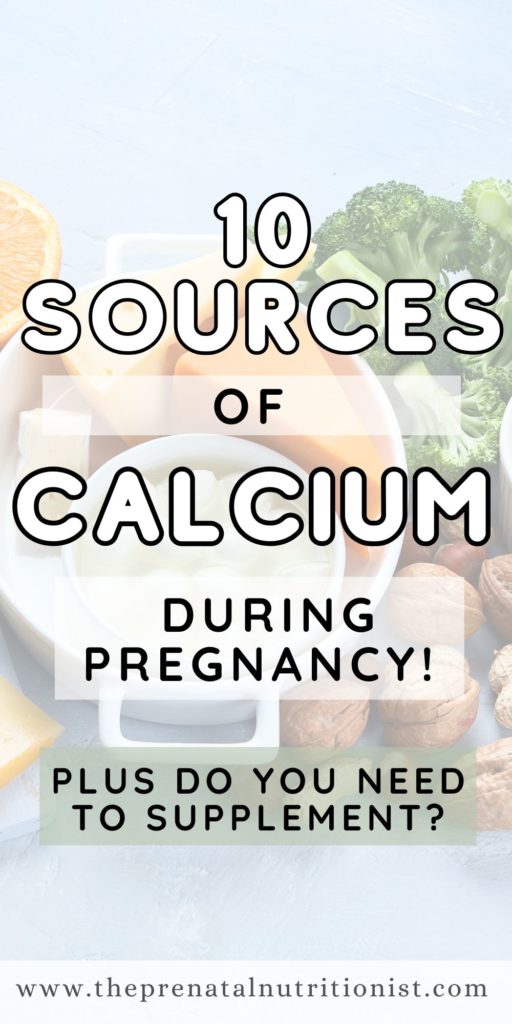
Good Sources Of Calcium For Pregnancy
So, where do we find calcium-rich foods, and how do we add more food sources of calcium to our diet before turning to calcium supplements during pregnancy?
The list below is a great starting point for getting plenty of calcium, whether you include dairy in your diet or not. High-calcium foods like milk have around 305 mg per cup, but you can also get a good amount of calcium from non-dairy foods like leafy greens and nuts.
Milk & Cheese
Milk and cheese are fantastic sources of calcium and very safe to eat and drink during pregnancy. There are some drinks you should avoid during pregnancy, but drinking milk is recommended if you aren’t allergic! The USDA states that just one cup of 2% milk contains almost 300 mg of calcium. That is about ⅓ of your daily value (DV) right there! In comparison, soy milk has 61 mg of calcium per cup.
And who doesn’t love cheese? The USDA states that just one slice of cheddar or mozzarella cheese contains over 200 mg of calcium.
If you are lactose intolerant, you can enjoy lactaid milk, which includes the same nutrients as regular lactose milk! Other rich sources of calcium are listed below.
Kale & Dark Leafy Greens
Dark leafy greens like broccoli, collard greens, kale, and watercress are excellent sources of calcium and super easy to incorporate into any lunch or dinner meal. The US Department of Agriculture states that just one cup of cooked collard greens contains over 350 mg of calcium. And 1 cup of kale has over 50 mg of calcium. Dark leafy greens are also chock full of healthy vitamins and minerals and are one group of foods that can help you avoid swelling during pregnancy.
Bok Choy
Let’s keep on the leafy green train! Bok choy is often found in Asian cuisines. With almost 74 mg of calcium (per 1 cup), it is a great source of non-dairy calcium. Bok choy can be used in many different ways. It can be used fresh in salads, cooked in soups, and stir-fries!
Almonds
Almonds are delicious, nutritious, and a good source of calcium. They are just one of many healthy snack ideas for pregnant women. The USDA database reports that just one serving (31 g, or about 1/3 cup) of almonds contains 80 mg of calcium. Almonds and other nuts like cashews are also great sources of protein, quality fats, and other vitamins and minerals. Plus, they make a great on-the-go snack you can throw in a homemade trail mix or eat on their own.
Chia Seeds
Chia seeds are safe to eat during pregnancy and, like many other whole grains and seeds, contain numerous beneficial nutrients for pregnancy, including calcium! One tablespoon of chia seeds contains around 80 mg of calcium. Another big benefit of chia seeds is the fiber content. Because of this, it is best to start including them slowly if you’ve never had them before. And make sure to drink plenty of fluids. Chia seeds can be added to yogurt, oatmeal, toast, salad dressings, baked goods, chia pudding, and more!
Yogurt
Most recent research shows that full-fat dairy is beneficial for fertility and pregnancy. In fact, in a study of over 18,000 women, those who regularly consumed full-fat dairy products had a 66% lower risk of infertility related to ovulatory disorders.
Full-fat yogurt is a great choice for preconception and pregnancy. It is a great source of calcium and one of many healthy breakfast ideas for pregnant women. The USDA states that just one cup of whole milk Greek yogurt contains over 10% of your DV. Plain low-fat yogurt can still be included in your diet, but you will not get as many benefits as full-fat yogurt.
Salmon and Sardines
High-quality fish and shellfish like salmon, sardines, and herring are good sources of calcium. Any type of salmon and sardines contains calcium, but canned options with the bones will have the most. A 3 oz. can of sardines with bones has around 325 mg of calcium, which is more than a glass of milk. The bones are soft and edible in sardines, but you might have a slightly harder time consuming them in canned salmon, although they also provide a ton of calcium.
These high-quality fish will help boost your intake of much more than calcium; they are also a rich source of protein, vitamin D, DHA, iodine, and more. Salmon and sardines are really super star foods for pregnancy!
Other non-dairy calcium sources not yet mentioned are tofu, calcium-fortified almond milk, calcium-fortified orange juice, and calcium-fortified soy milk.
Do I need to supplement with calcium during pregnancy?
Potentially! This will vary from person to person. It is important to note that calcium and iron compete for absorption, so your prenatal vitamin should not contain a high dose of both. For example, if it has 18 mg or higher of iron, it should not also contain 500 mg of calcium per day. You can learn more about what to look for in a prenatal vitamin and get help finding the best option for you in The Prenatal Nutrition Library App!
If you don’t opt for this supplement, find one with calcium citrate, calcium citrate-malate, or calcium malate. This form is the best absorbed and causes the fewest GI side effects, but it is best taken with food.
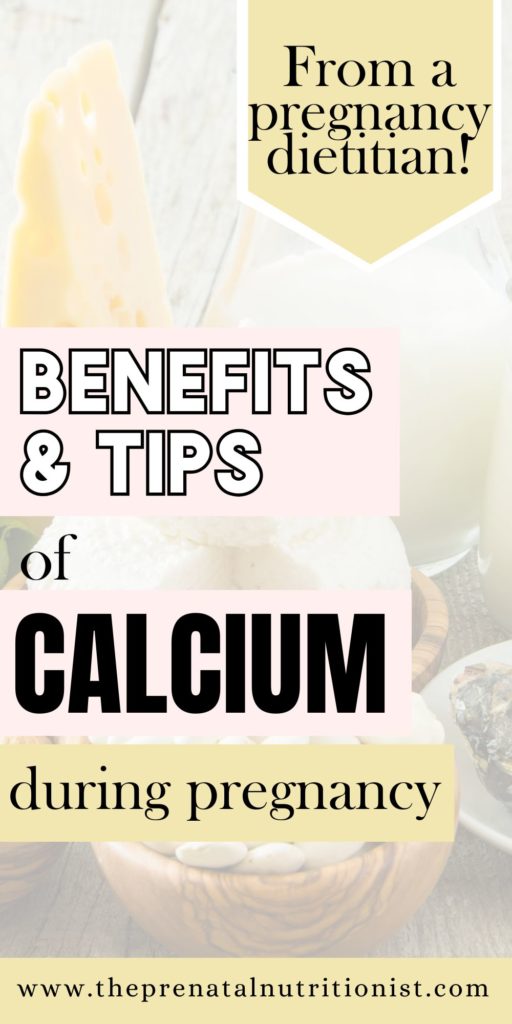
Calcium is Essential During Pregnancy.
Ensuring you get the right amount of calcium is essential before, during, and even after pregnancy. Consuming too little calcium can lead to brittle and weak bones, a greater risk for injury, and even osteoporosis later in life. On the flip side, too much for too long, in particular from over-supplementation, can lead to blood clots, kidney stones, hardening of the arteries, and a greater risk for cardiovascular disease. There are tons of foods you can eat that are rich in calcium, both dairy and non-dairy.
Remember, you can always speak to your healthcare team about additional supplementation if necessary. If you have additional questions, feel free to comment below! And don’t forget to download the Prenatal Nutrition Library app for free in your app store for easier access to tons of prenatal nutrition content and our full guide on calcium during pregnancy.



